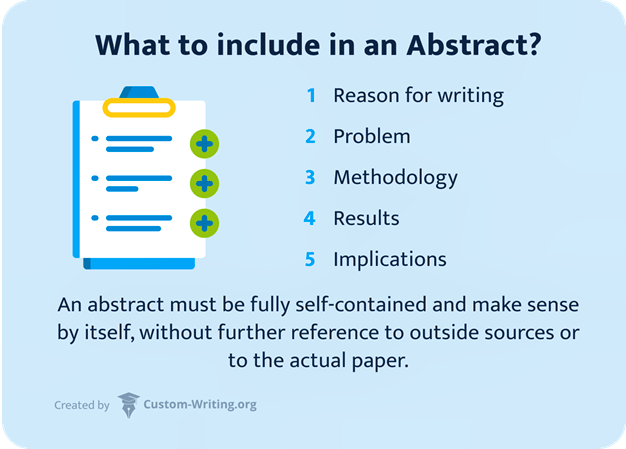When you apply for an English-taught PhD in Chinese universities, you will need to write a research proposal or research plan. There are five main reasons why:
- Confirm your understanding of the program’s requirements and opportunities
- Confirm whether you understand the topic
- Show your academic and analytical creativity
- Prove your research ability is up to PhD standard
- Assist you in applying for research grants
A research proposal is incredibly important to your overall PhD application. It can be the difference between acceptance and rejection. Writing a strong research proposal will also help you impress potential PhD supervisors.
Let’s explore how to write a PhD research proposal for Chinese universities!
Basic Proposal Requirements
- A research proposal clearly summarizes your intended research project from beginning to end.
- You should do previous research before writing your thesis. A good research proposal includes sources.
- The length of a research proposal varies: 1500-3500 words is common, but your university may have specific requirements.
- The typical research proposal structure: Title, Abstract, Background and Rationale, Research Aims and Objectives, Design and Methodology, Timetable, and a Bibliography.
Title and Abstract
The title of your PhD research proposal should be simple and to the point. Here are some excellent sample titles:
- India’s Response to China’s Belt and Road Initiative: A Policy in Motion
- The Dynamics of Hyperinflation and Stabilization Policies – the Case of Zimbabwe
An abstract is a short paragraph around 200-250 words that summarizes your research proposal. It should only include crucial information.

Background and Significance
First, think about these questions…Why did you choose this topic? What theories already exist about this topic, and what has not yet been discovered? Most importantly, why is this topic important?
You should answer all these questions in your background and rationale section. Additionally, you will also need to write a literature review. According to discoverPhDs.com, a literature review: “summarises the existing knowledge which surrounds your research topic. This should include a discussion of the theories, models and bodies of text which directly relate to your research problem. As well as discussing the information available, discuss those which aren’t. In other words, identify what the current gaps in knowledge are and discuss how this will influence your research.”
Perhaps you are researching Chinese language education in your home country of Nigeria. Many researchers may have previously studied Chinese language being taught to children, but no one has researched Chinese language education for Nigerian adults. This is a gap in knowledge. It is an area where you can do totally new research that contributes to existing scholarship.

Research Aims and Objectives
Of course, the most crucial part of your PhD proposal for Chinese universities is that you clearly lay out your research aims and objectives. What problems will your research solve? What benefits will it have? How will it help develop the field?
You should also consider the university where you want to study. Does the university where you apply have the resources/professors/programs that you need for your research? In this section, make sure your own research is a match for the research goals of the Chinese university.
Design and Methodology
How will you do your research? Will you collect data by survey, lab work, or online research? How big is your sample size? For your methodology, you can choose either quantitative or qualitative methods, as long as they fit the research you’re doing.
In this section, you need to clearly describe the concrete steps you will take. You should be as specific as possible to demonstrate you have a strong grasp of the topic.
You should also describe any ethical concerns that may impact the safety of your study. For example, if you are studying child development, you need to address concerns about the safety of children who may participate in your research. You should not trick, deceive, harm, or cheat your research subjects.

Timetable
Describe how long it will take to finish your research. It should not be longer than the PhD program, otherwise, it may be too complex for the university to help fund. However, your project should be advanced enough to take a few years to research. A project that you can complete in just a few months is likely not PhD-level yet.
Bibliography/Works Cited
This is the last step!
It is very important that you do not commit plagiarism. Plagiarism is copying the words and ideas of others without citations. Chinese universities, especially at the PhD level, take plagiarism very seriously. In sum, your ideas should be your own. If you reference the ideas or research of others, you must cite them. After all, plagiarism can result in academic punishments, so it’s very important to cite your work.
At the very end of your research proposal, you should list all the sources you used and cite them in the proper format.
The Purdue Online Writing Lab of Purdue University is the best resource online for you to learn how to cite your work. They have guides to help you learn all citation methods including MLA, APA, Chicago, AMA, and more.
Other Documents
Learn more about the other documents needed to apply for a PhD at Chinese universities here.

Get help writing your PhD research proposal for Chinese universities
If you apply with us at China Admissions, we will review your documents and provide suggestions before submitting them to the university!
You can also ask professors from your Bachelor’s or Master’s degree to help guide you and review your research plan.
Find PhDs in China!
Now that you have written an excellent PhD research proposal for Chinese universities, you next need to find the perfect program to match! Use our free database to search all English-taught PhDs in China:
- SUMC Deadline Extended: June 15, 2025 - April 26, 2025
- 5 Chinese Universities Without Application Fee - April 19, 2025
- 9 Best Schools to Study Chinese in Beijing in 2025! - April 6, 2025







